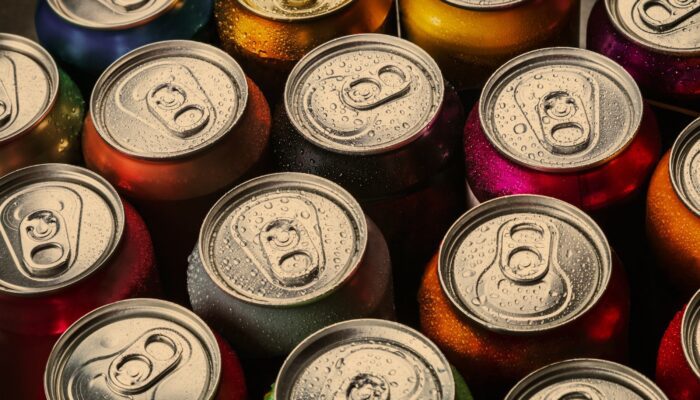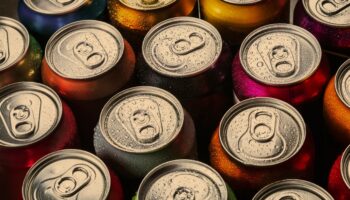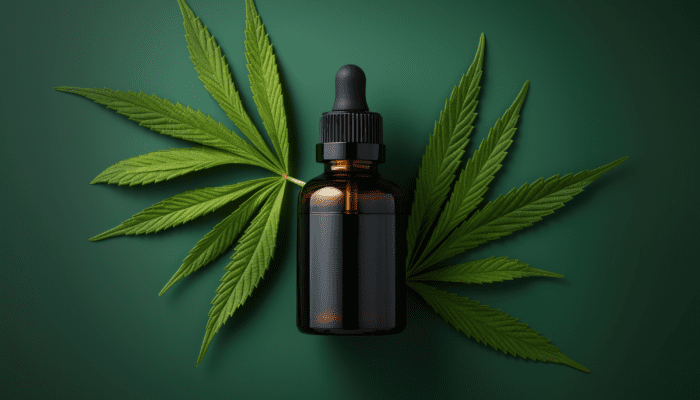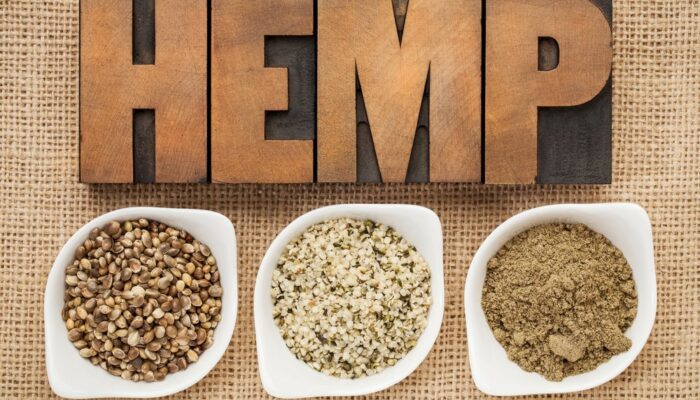Among the myriad of cannabidiol-based products, a new set of products have really had us itching to get to the bar on Friday night. These are cannabidiol-infused beverages.
This new generation of CBD-based products provides a new way of increasing bioavailability and transport of this highly beneficial extract. But what does that mean for the benefits you typically associate with cannabidiol? And is it legal? Let’s find out.
CBD-Infused Beverages Market is Set to Explode

Hemp is a world-renowned industrial, health, and wellbeing plant. Currently, hemp, along with its non-psychoactive compound cannabidiol (CBD), is being grown at a scale never seen before, especially in the USA. There is one ingredient application that you may not have heard of before, and that is CBD-infused beverages.
CBD-infused beverages are becoming increasingly popular in the CPG marketplace and public domain. These products are varied and include carbonated drinks, tea, coffee, water, and those cocktails many of us have on a Friday night.
These beverages are pretty self-explanatory; they are drinks that contain, or are infused with, CBD extracts in the form of isolate or distillate. As with any product incorporating CBD, the market for CBD-infused beverages is exploding.
What Is a CBD Beverage?
I know that you may already be questioning how a beverage can become infused with CBD. Well, if you think back to your high school science classes, you might remember how water and oil don’t mix. So, how could CBD possibly infuse in a drink, as it tends to be both oil-based and highly dislikes water (1)?
This is something scientists have been pondering for many years. Technically CBD is lipophilic, meaning, it is not soluble in water and really loves being mixed in with fat. This is why you see your classic CBD extract as an oil. Not only is it not soluble in water, but the fact it is lipophilic means the bioavailability, the amount of CBD you actually absorb, is very low (2). Current research suggests that it can be as low as 9 to 13% of the original dose (3).
With the bioavailability being so low and it not being water-soluble, this leaves us to question how CBD extracts can be combined with beverages in the first place (4). This is where food scientists come in. Investigations into the issue have shed light on a new process, now patented, which transforms CBD from hating water to be its best friend. This is through a process of combining CBD with the Pro-Nano Liposphere (PNL) pre-concentrate (5, 6).
Several companies have mastered the process of creating a supply of high-quality water-soluble CBD, especially Silver Lion Farms in the form of our premium isolate and distillate. Essentially, PNLs allow CBD to combine with water and disperse consistently throughout a beverage. It also increases the rate of bioavailability, so it’s a win-win (7).
However, are CBD-infused beverages actually legal?
Is CBD Legal in Beverages?
The good news is, if you are reading this from the USA, then chances are it is. In 2018 the Farm Bill was passed at the federal level. Plus, many states have their own set of rules around whether or not food containing CBD is legal (8). However, federal law prohibits the transportation of CBD infused Food and Beverage products across state lines.
If a food product, such as CBD-infused beverages, were to be legal, it would have to pass through the watchful eyes of the FDA. Until the beginning of 2020, there was a blanket ban by the FDA on the presence of CBD in food products. This, however, was in clear contradiction to the Farm Bill, as well as many state rules, and pressure for the FDA to change its ban was ever-increasing.
With the question of legality on the wayside, we must also wonder, why? Why do we need CBD-infused beverages?
What are CBD Drinks Good for?
The scientific research, beyond anecdotal evidence, into the benefits of CBD drinks, has been dramatically increasing. CBD has a long history as a medicine, especially as an anticonvulsant, sedative, anti-depressant, pain reliever, anti-inflammatory, treating nausea, and alleviating symptoms of Parkinson’s disease and Alzheimer’s disease (9).
CBD impacts the endocannabinoid system, an endogenous system that modulates a myriad of physiological processes. In a nutshell, CBD binds to special receptors called G protein-coupled cannabinoid receptors (CB1 and CB2) (10).
When CBD binds to CB1 and CB2 it causes a cascade of reactions that act to modulate a variety of physiological processes. Through this, we see the benefits most would attribute to CBD. The majority of the CB1 and CB2 receptors are located in the brain, the peripheral and central nervous system, and the immune system (11). This is why we experience such an array of responses in our bodies when we consume CBD.
The advantage of CBD-infused beverages, over the more traditional method of taking CBD, is due to the increase in bioavailability, stability, consistent and long-lasting doses, as well as its remarkable safety (12). As in the past, the therapeutic rationale for taking CBD has been well established, but what really held it back was the lack of an adequate delivery system (13). However, the time for CBD-infused drinks has come.
The Bottom Line
CBD has been well-known over the past years as a highly beneficial medicinal supplement, alleviating a diverse range of conditions, such as epilepsy, anxiety, depression, neurological disorders, and more.
What has traditionally let people down however is the fact that CBD has very low bioavailability and transport systems, leaving us all wanting more.
Now, after several years of research and many patents later, the age of CBD-infused beverages has arrived. Despite waiting for the slow uptake in the legal system, the list of advantages to CBD-infused beverages are endless.





